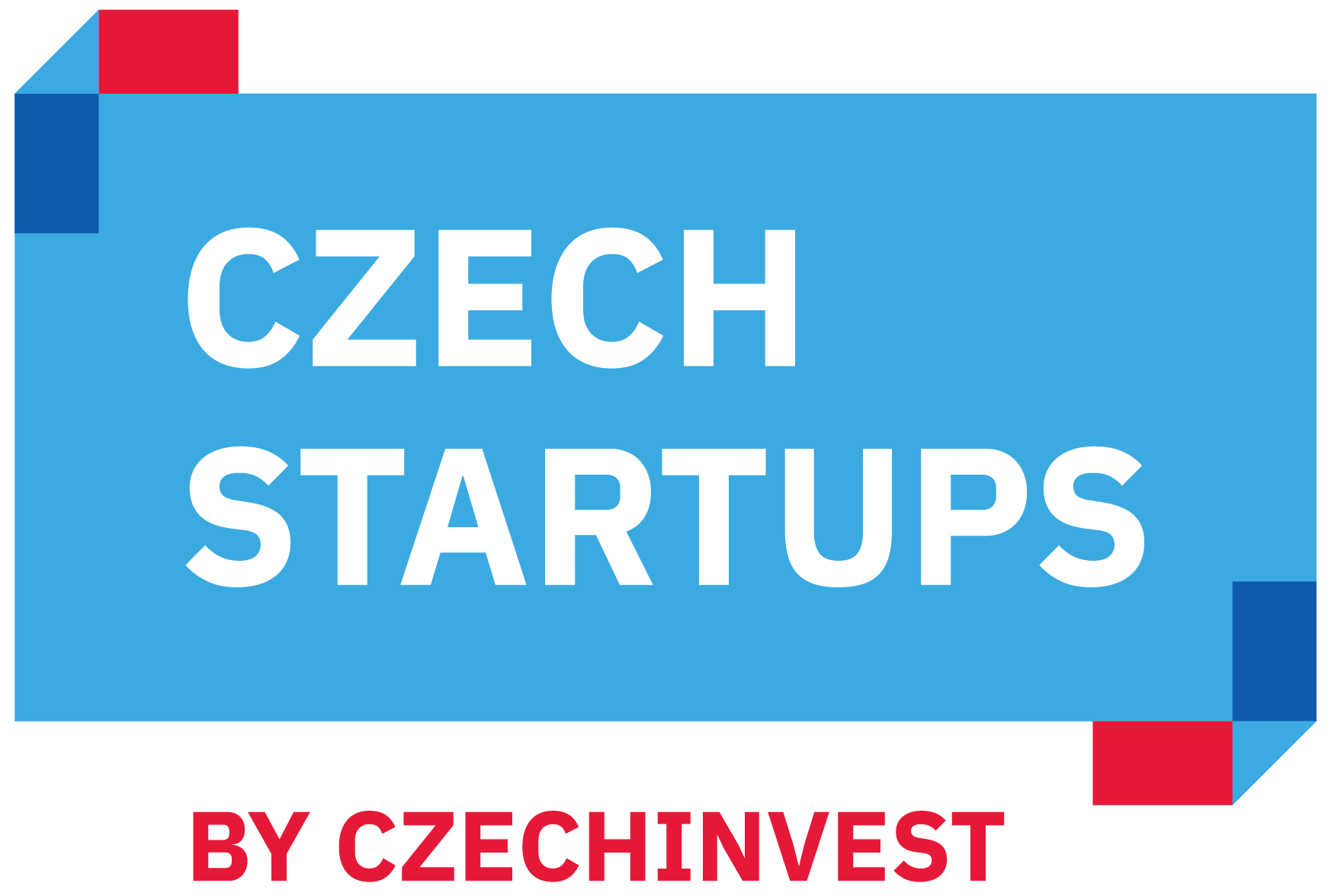On Tuesday, 8 April 2025, the second plenary meeting of the Plenary Council for Investors and Startups (KRIS) took place at the Prague Centre for Architecture and Urban Planning (CAMP). The meeting was attended by representatives of the state administration, led by Deputy Minister Štěpán Hofman, startups, venture capital, innovation centres and associations. The participants agreed on the need to systematically improve the conditions for the development of the startup environment in the Czech Republic.
“Our goal is to create conditions for the development of startups in the Czech Republic so that we can reach the top 10 in accordance with the new economic strategy. A team led by my deputy Štěpán Hofman is already actively working on this at the Ministry of Industry and Trade,” said Minister of Industry and Trade Lukáš Vlček.
The Coordinating Council for Investors and Startups was established to move the Czech Republic forward in the business environment, focusing on fast-growing innovative companies (startups, scaleups) and venture capital funds. The Council is convened on the basis of a government resolution. It was initiated by the CzechInvest agency in cooperation with the Ministry of Industry and Trade. It consists of working groups that thematically reflect the European standards of ESNA (Europe Startup Nations Alliance).
“The individual working groups have already met and are actively addressing key topics for the development of the startup ecosystem. For example, in the area of employee stock options, so-called ESOPs, the possibility of introducing more flexible models along the lines of France, Portugal or Estonia are being discussed. In these countries, such programmes are supported by specific legislative and tax mechanisms. Let’s try to use their experience when looking for a suitable model for the Czech Republic,” said Jan Michal, Director General of the CzechInvest agency.
The session was opened by Ivo Denemark, Director of the Startup Division of CzechInvest, followed by Deputy Minister Štěpán Hofman, Petr Očko, Senior Director of the Digitisation and Innovation Section of the Ministry of Industry and Trade, and investor Miloš Lokajíček, who described his experience with the establishment of the startup Filuta.ai. The participants were informed about the current development of the startup ecosystem in the EU and the new developments of the ESNA initiative presented by Arthur Jordão, Executive Director of ESNA.
“Employee shares are a key tool to retain talent and know-how in the Czech Republic. Although we have managed to push through the first change in the form of tax deferral, we still have some catching up to do. If we want to be competitive, we need to set up a simple, predictable and fair system, without unnecessary levies and with clear rules. We look for inspiration among countries where ESOPs are working as an engine of growth. This will offer companies an environment that will make them stay in the Czech Republic,” says Deputy Minister of Industry and Trade Štěpán Hofman.
Markéta Přenosilová, ESNA Ambassador from CzechInvest, presented the current state of implementation of ESNA standards and the activities of the Coordination Council. The Czech Republic currently meets 38% of the eight ESNA standards, which ranks it 20th out of 24 active members. “We still have a long way to go, but we have made significant progress in some areas,” added Ms. Přenosilová. An overview of how each standard is being met is available on the ESNA website.
During the panel discussion, the chairs of the various working groups presented current challenges and proposals for standardisation in key areas – among other things, there was a debate on why the current ESOP bill is not appropriately set up, the need for a startup law and a definition of a startup, what are the barriers to entry for startups in public procurement, and the need for a return to programmes to attract talent from abroad.
Concluding the session, Arthur Jordão stressed the importance of linking KRIS activities with the European ESNY initiative and presented the emerging database platform that will serve as a tool for policy makers. The aim of this platform is to provide an up-to-date overview of obstacles and best practices that will help further improve the innovation ecosystem in the Czech Republic and across Europe.
A significant development since the first KRIS meeting is the appointment of the chairs of the different working groups according to ESNA standards:
- SNS 2 – Talent Attraction and Retention – Alena Danielová (MSIC)
- SNS 3 – ESOPs (Employee Share Ownership Plans) – Barbora Werdmolder (CzechFounders)
- SNS 4 – Innovation and Regulation – Martin Jiránek (Czech Startup Association)
- SNS 5 – Public Procurement and Technology Transfer – Lenka Matochová (Ministry for Regional Development)
- SNS 6 – Access to Finance – Markéta Přenosilová (CzechInvest)
- SNS 7 – Social inclusion and democratic values – Ivo Denemark (CzechInvest)
Currently, chairs are being sought for the remaining two standards: SNS 1 – Rapid Company Formation and SNS 8 – Digital First.
More information about the Coordinating Council for Investors and Startups can be found here.






